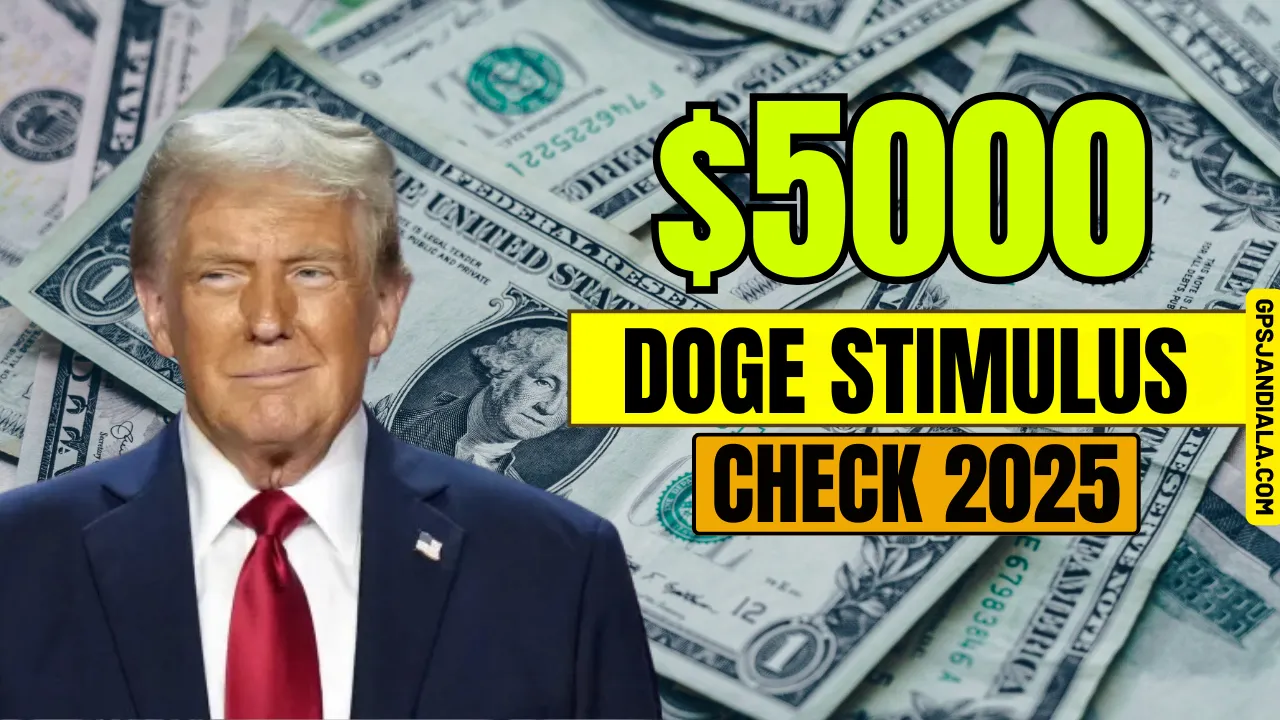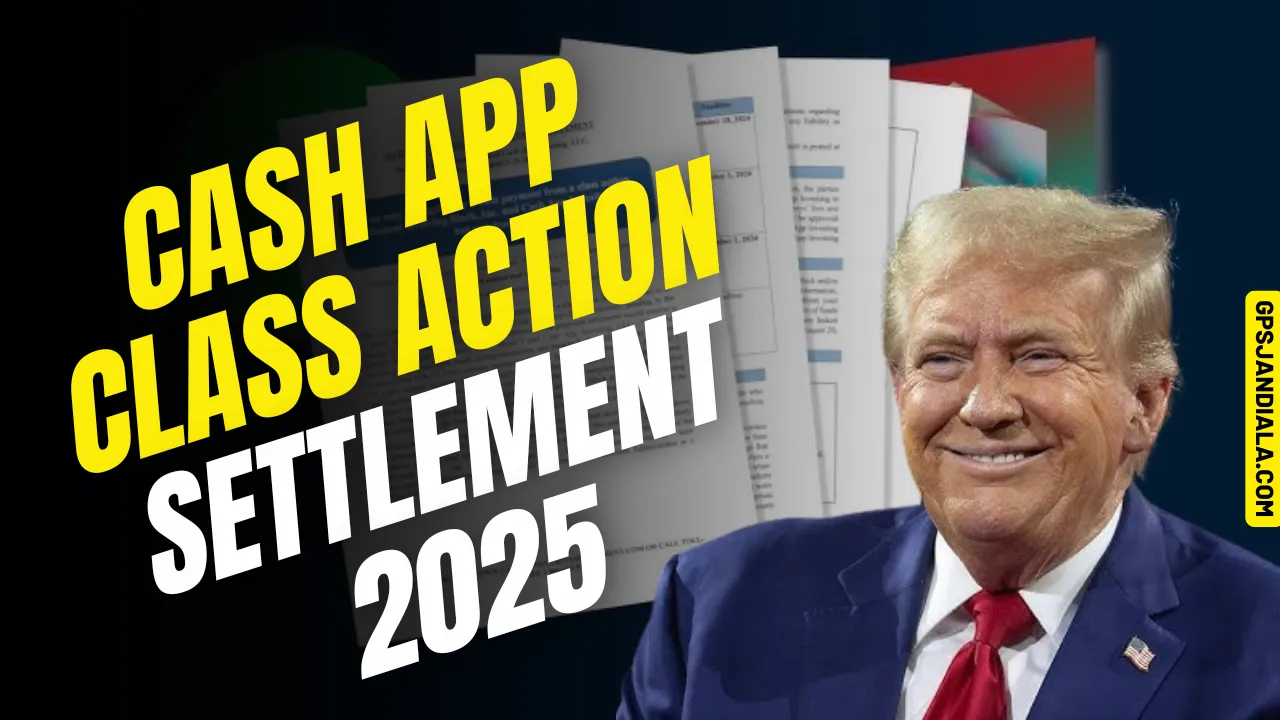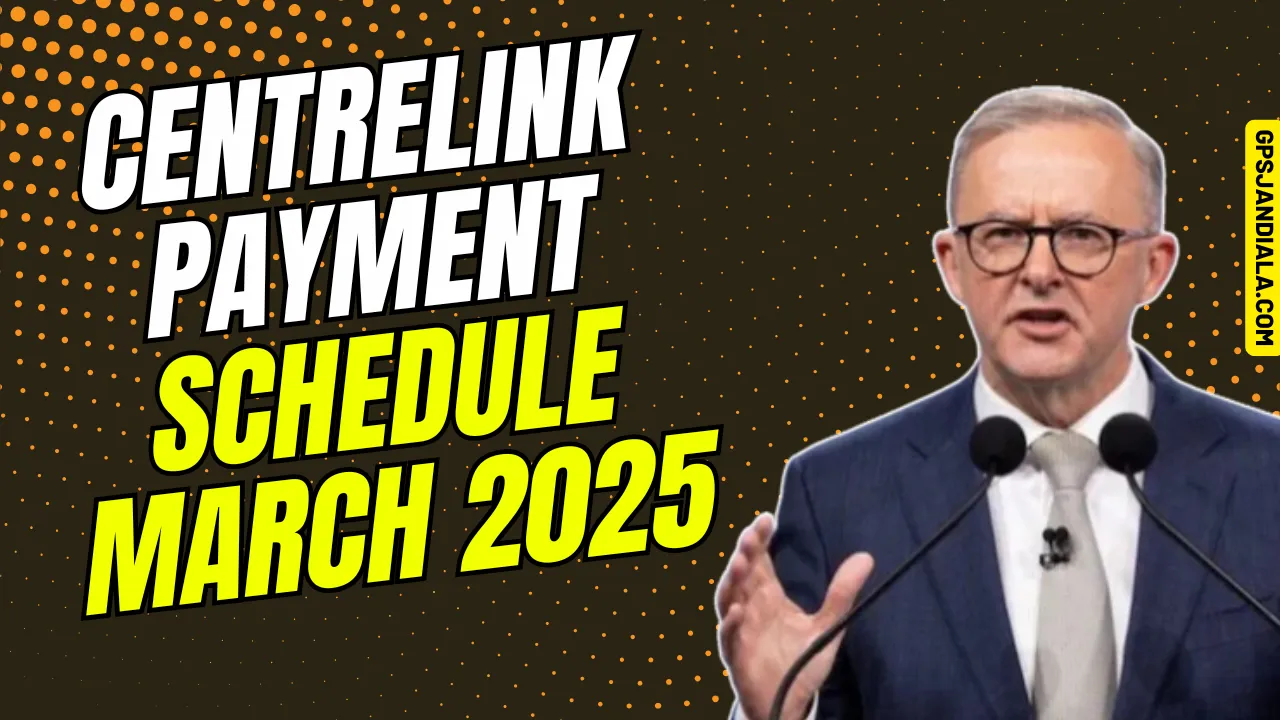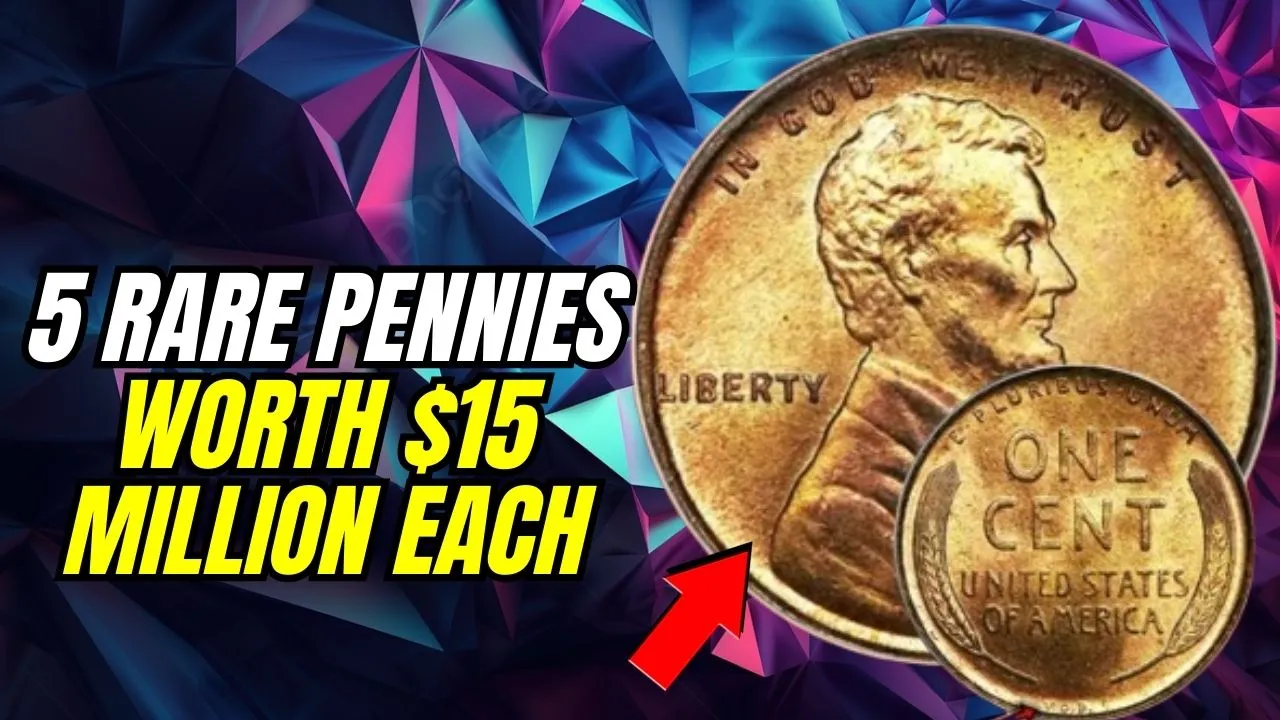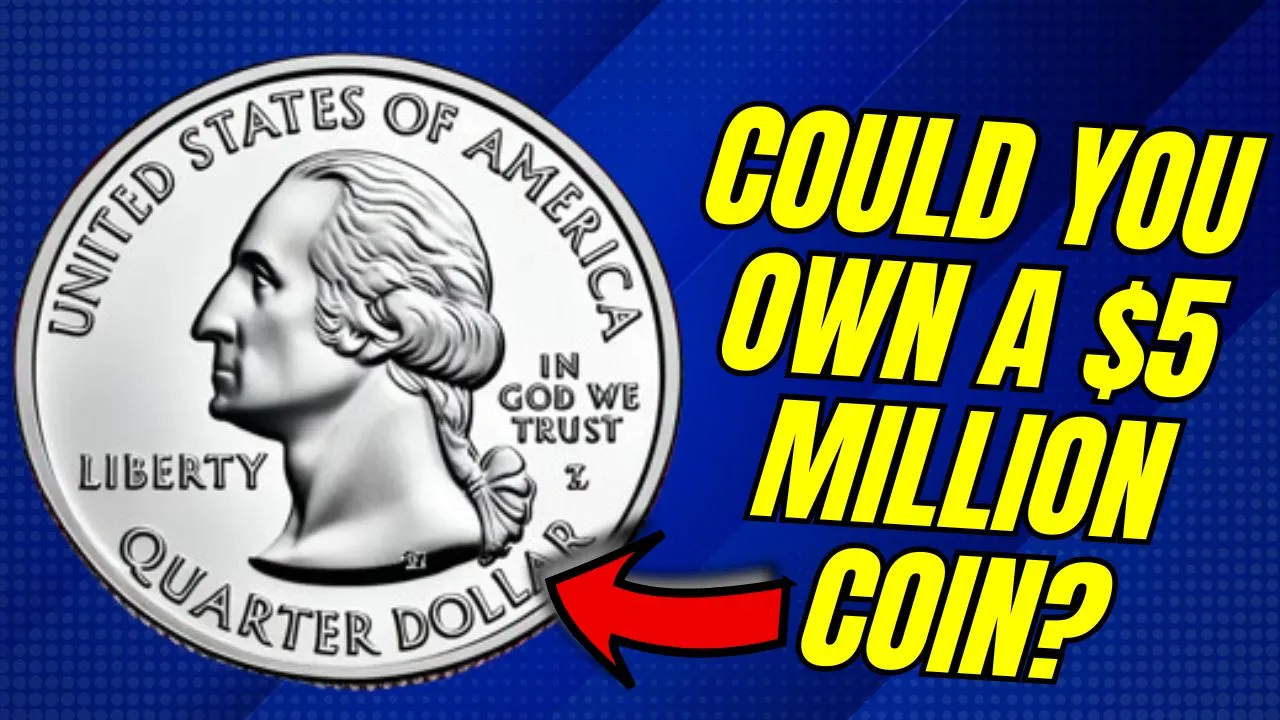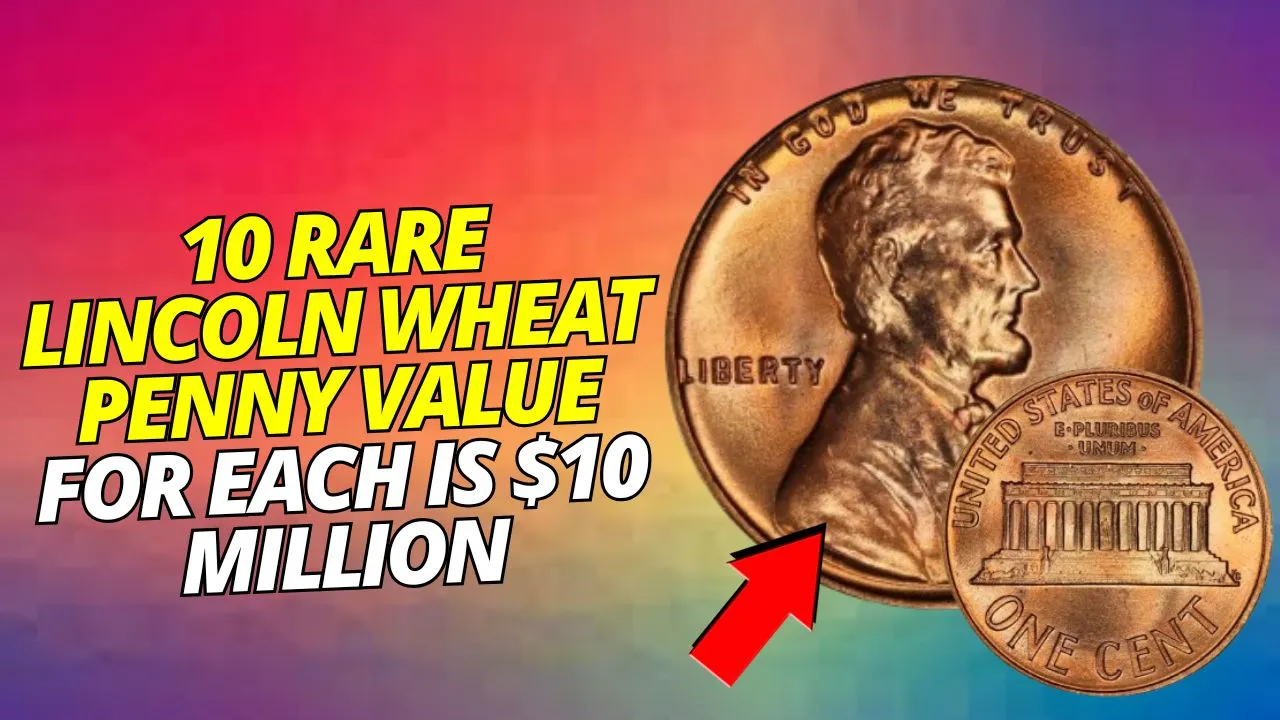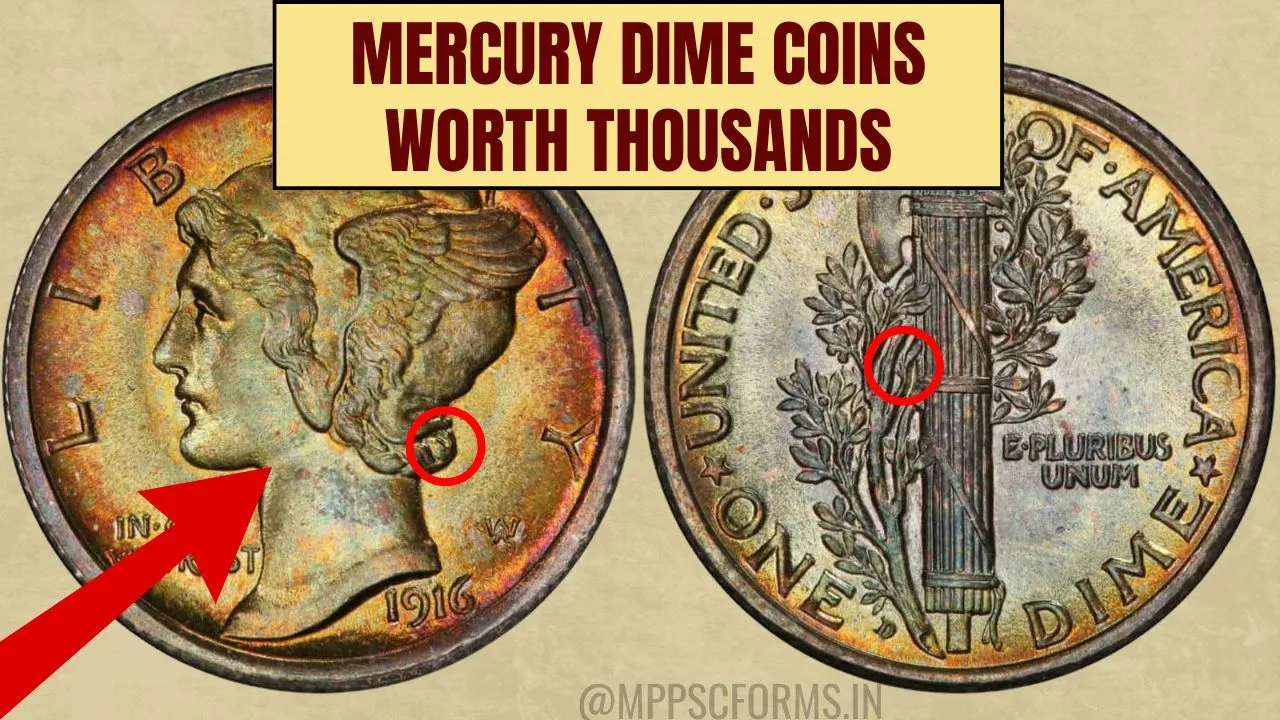DOGE Stimulus Check 2025: The idea of a potential $5000 DOGE Stimulus Check 2025 has sparked interest among many Americans. This concept gained momentum after reports that the Department of Government Efficiency (DOGE), led by Elon Musk, saved the federal government $55 billion through budget cuts. The possibility of redistributing part of these savings directly to taxpayers became a trending topic, especially after Musk mentioned checking with the President on this matter. However, no official confirmation has been provided, leaving many wondering if this proposal will become a reality.
This article explores the origins of the DOGE stimulus check, its feasibility, and what it could mean for American taxpayers.
Overview Table
| Details | Information |
| Stimulus Proposal | $5000 direct payment to American taxpayers |
| Agency Behind Savings | Department of Government Efficiency (DOGE) |
| Total Savings Reported | $55 billion |
| Public Interest | High, driven by social media discussions |
| Official Government Confirmation | None as of now |
| Potential Use of Savings | Debt reduction, tax reforms, or public services |
$5000 DOGE Stimulus Check 2025
The idea of a DOGE-funded stimulus check emerged on social media, where users speculated that part of the $55 billion saved by DOGE could be distributed to taxpayers. James Fishback, CEO of Azoria Investment Firm, suggested that allocating 20% of DOGE’s savings could provide approximately $5000 to each of the 78 million tax-paying households in the United States.
This proposal quickly gained attention, fueled by a viral TikTok video suggesting potential payments of up to $8000. Elon Musk’s brief response about checking with the President further amplified public interest. Despite the widespread discussions, no government entity has officially supported or announced plans for such payments.
The Role of DOGE: Cost-Cutting Measures and Their Impact
The Department of Government Efficiency (DOGE) was created to streamline government operations, reduce spending, and lower the national debt. Under Elon Musk’s leadership, DOGE has focused on optimizing resource allocation and eliminating redundant expenses, resulting in $55 billion in reported savings.
Key cost-cutting measures include:
- Canceling high-cost government contracts
- Reducing administrative overheads
- Consolidating agency functions for greater efficiency
While these measures have successfully reduced government expenditure, they have also led to criticism regarding their potential impact on public services.
Federal Agencies Affected by DOGE Cuts
The budget cuts implemented by DOGE have impacted several federal agencies responsible for education, healthcare, and consumer protection. Below is an overview of the key agencies affected and the consequences of funding reductions:
| Agency | Funding Reduction | Impact |
| United States Agency for International Development (USAID) | $420.14 million | Reduced foreign aid and development programs |
| Department of Education | Significant cuts | Limited grants and administrative layoffs |
| National Institutes of Health (NIH) | Ongoing reductions | Delayed medical research |
| Centers for Disease Control and Prevention (CDC) | Major funding cuts | Reduced public health programs |
| Consumer Financial Protection Bureau (CFPB) | Substantial cuts | Decreased consumer protection oversight |
Supporters view these cuts as essential for reducing government debt and promoting fiscal responsibility. However, critics argue that reduced funding may negatively impact public services, especially in areas such as healthcare and education.
Is a DOGE-Backed Stimulus Check Realistic?
Despite public interest, several factors suggest that a DOGE-funded stimulus check is unlikely to become a reality:
- No Official Announcement: The federal government has not confirmed any plans to redistribute DOGE’s savings directly to taxpayers.
- Focus on Debt Reduction: The primary objective of DOGE’s cost-cutting measures is to reduce the national debt rather than provide short-term financial relief.
- Inflation Concerns: Financial experts warn that injecting billions of dollars into the economy through stimulus payments could lead to inflation, undermining the intended benefits.
Although Musk’s statement about checking with the President has fueled speculation, there have been no formal policy discussions or legislative proposals related to this idea.
Why Hasn’t a DOGE Stimulus Check Been Approved?
Several reasons explain why a DOGE-funded stimulus check has not been approved:
- Government Spending Priorities: The federal government is prioritizing long-term debt reduction and fiscal stability over direct payments.
- Economic Impact: Issuing large-scale stimulus payments could increase inflation, raising the cost of goods and services.
- Lack of Precedent: Historically, government savings are used to reduce debt or fund public projects rather than being directly distributed to taxpayers.
While the idea of a DOGE stimulus check resonates with many, the absence of precedent and concerns about inflation make its approval unlikely.
A Look at Recent Federal Stimulus Payments
Although the DOGE stimulus check remains speculative, some Americans received federal stimulus payments in 2025 through other programs. In December 2024, the Internal Revenue Service (IRS) issued payments to individuals who had not claimed their Recovery Rebate Credit from previous relief packages.
- Amount: Up to $1400 per eligible taxpayer
- Eligibility: Taxpayers who did not claim the Recovery Rebate Credit on their 2021 tax returns
- Deadline to Claim: April 15, 2025
These payments were unrelated to DOGE’s savings, but they highlight the government’s continued efforts to provide financial assistance to eligible individuals.
Public Reactions to the DOGE Stimulus Proposal
The possibility of a DOGE-funded stimulus check has sparked mixed reactions among the public:
- Supporters believe that government savings should be returned to taxpayers as a form of financial relief.
- Opponents argue that using savings for direct payments could lead to inflation and undermine fiscal stability.
Social media platforms such as X (formerly Twitter) and TikTok have played a significant role in amplifying discussions, with many users expressing hope that the proposal will be approved.
Expert Opinions Against the Proposal
Financial experts have raised concerns about the feasibility and economic impact of a DOGE-funded stimulus check:
- Kevin Thompson, CEO of 9i Capital: Distributing billions of dollars in stimulus payments would likely increase inflation, reducing the purchasing power of American households.
- Michael Ryan, Founder of MichaelRyanMoney.com: Government savings are intended to reduce debt, not serve as a surplus for direct payments.
- Alex Beene, Financial Literacy Instructor at UT Martin: Unless there is a national emergency, the government is unlikely to approve such large-scale payments.
These opinions emphasize the importance of maintaining fiscal responsibility and controlling inflation, which could be jeopardized by large-scale stimulus payments.
What’s Next for DOGE and American Taxpayers?
As of now, the prospect of a $5000 DOGE Stimulus Check 2025 remains speculative. While DOGE continues to generate savings through cost-cutting measures, the federal government has not announced any plans to redistribute these funds to taxpayers.
Moving forward, DOGE’s savings are expected to support debt reduction and long-term tax reforms. Taxpayers interested in financial relief should focus on existing government programs and monitor updates from federal agencies regarding future assistance initiatives.
FAQs
Is the $5000 DOGE stimulus check confirmed?
No, the federal government has not confirmed any plans to distribute a $5000 stimulus check funded by DOGE’s savings.
Who proposed the idea of a DOGE stimulus check?
James Fishback, CEO of Azoria Investment Firm, suggested that 20% of DOGE’s $55 billion savings could be distributed to taxpayers.
Why is the government unlikely to approve a DOGE stimulus check?
The government is focused on reducing the national debt and controlling inflation, making direct payments less likely.
Can I still receive other stimulus payments in 2025?
Yes, eligible taxpayers who did not claim their Recovery Rebate Credit can receive up to $1400 by filing their 2021 tax return before April 15, 2025.
How can I stay informed about future stimulus payments?
Visit the IRS website and follow announcements from federal agencies to stay updated on potential financial relief programs.
Conclusion
While the concept of a $5000 DOGE Stimulus Check 2025 has captured public interest, it remains a topic of speculation rather than an official government initiative. With no formal announcements from federal agencies or elected officials, the likelihood of such payments appears low. Instead, DOGE’s savings are expected to support debt reduction and long-term fiscal reforms.
For now, taxpayers should focus on available government programs and stay informed about future developments that could impact their financial well-being.
